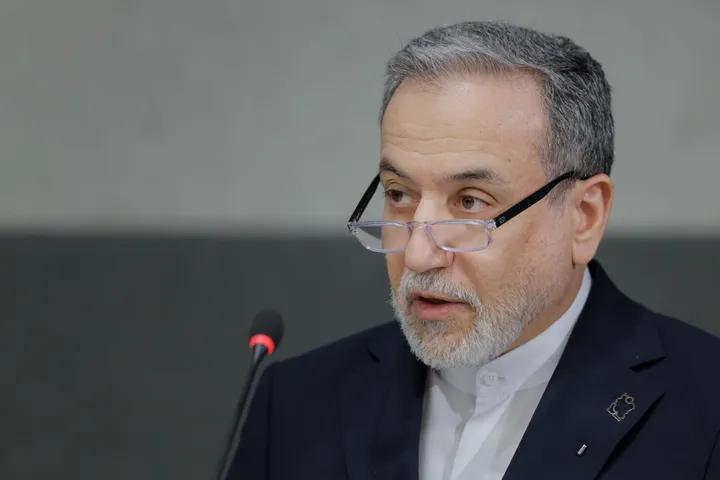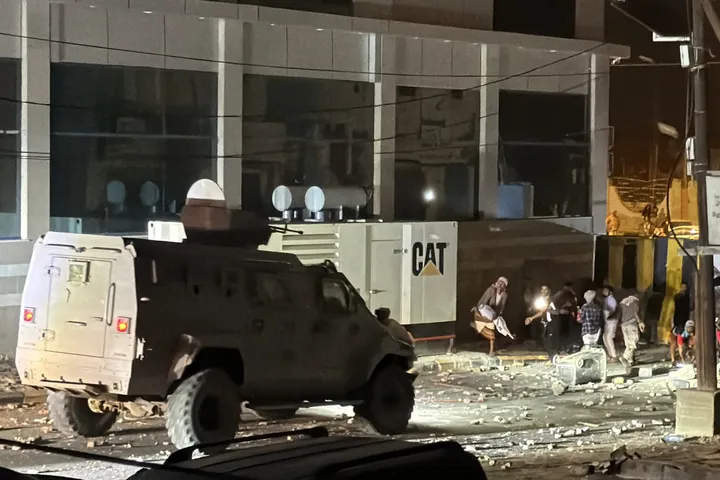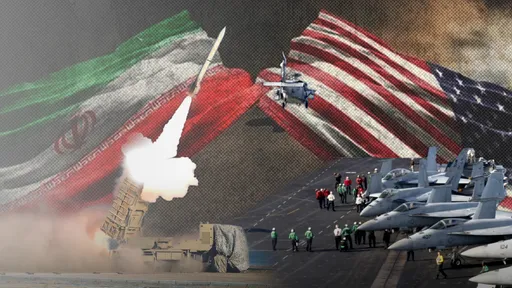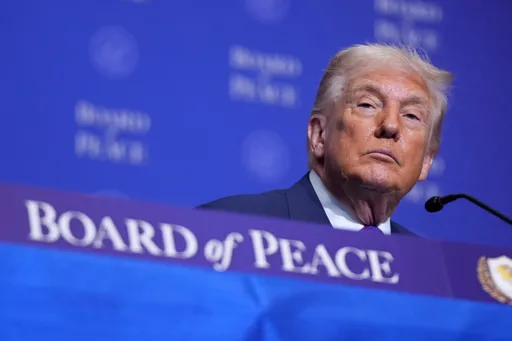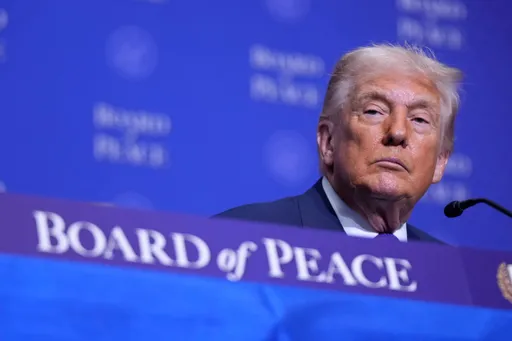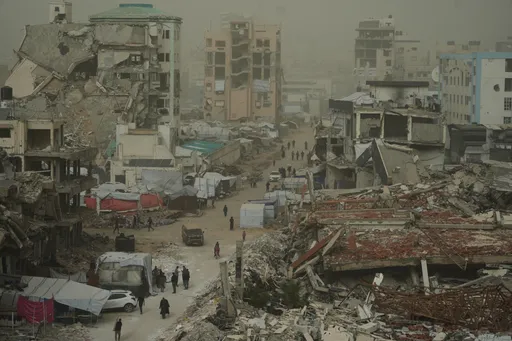Politics is a dirty game. If in doubt, let me point you in the direction of Nepal. On February 27, after more than five years of internecine, intransigent discourse, Nepal’s House of Representatives of the Federal Parliament chose to ratify the Millennium Challenge Corporation (MCC) Compact. Now, finally, the Himalayan nation can move forward.
But what does all of this mean? What is the MCC? What, exactly, does “move forward” mean?
The world has 195 countries, and 140 of them are currently signed up to China’s Belt and Road Initiative (BRI), an infrastructure project that is ambitious and very much global in nature. Unveiled by Xi Jinping, the general secretary of the Chinese Communist Party (CCP), back in 2013, the ramifications of the BRI can be felt across the world, from South America to sub-Saharan Africa. One of the countries currently signed up to the BRI is Nepal, a South Asian country that finds itself caught in a geopolitical tug-of-war between Beijing and Washington.
In 2017, the year Nepal signed up to the BRI, the country’s government also agreed to join The Millennium Challenge Corporation (MCC), a foreign assistance project of the US government. For the Government of Nepal, this $500 million “no-strings-attached” deal with Washington was - and one assumes, still is - intended to boost economic growth and reduce poverty in the poverty-stricken nation.
Almost a fifth of the country’s 30 million citizens live in multidimensional poverty, meaning they suffer from multiple disadvantages, including lack of access to proper healthcare and proper nutrition. Although the MCC was intended to mark a new chapter in US-Nepal relations, ratification never occurred. But that all changed on February 27, one day before the Americans’ offer was about to expire. And not a second too soon. The US had grown tired of waiting for the Nepali government to sign on the dotted line.
The US embassy in Kathmandu, Nepal’s capital city, has described the US grant as a “gift from the American people”. However, plenty of Nepali citizens don’t want this “gift”, mainly because they believe that the compact will only serve to weaken the country by allowing the US to use Nepal as a proxy in its war (be it cold or otherwise) with China.
The world of politics is not synonymous with gifts. To be more specific, it’s not synonymous with gifts without a caveat. It’s more commonly associated with mutualistic or parasitic relationships. Nepal’s reluctance to embrace American overtures was, and still is, understandable.
Alok K Bohara, a researcher at The University of New Mexico’s Nepal Study Center, told TRT World that, for decades, the US has been providing aid “to developing countries with no strings attached”. It was prepared to turn a blind eye to “corruption, political rights, market reforms, human rights, gender upliftment, rule of law, business environment etc”. However, the MCC is now “run as a business model under a CEO”. To qualify for funding, countries must compete “by qualifying on the basis of those criteria mentioned above”. This “gift” comes with numerous strings. Under the revised guidelines, an MCC contract can be terminated if the US government “finds issues with the ‘progress’ on those criteria”.
Escalating tensions
For the uninitiated, tensions between China and the US are at a historic high. Political commentators talk about a new Cold War between Beijing and Washington, and for good reasons.
After all, what is a cold war but a state of extreme hostility existing between countries with contrasting political systems. Instead of engaging in physical conflict, countries express their animosity through threats and propaganda.
Across Nepal, tensions are also high. On February 20, police in Kathmandu targeted angry, anti-MCC protesters with tear gas and water cannons. The country is divided, confused, and, perhaps most worryingly of all, on edge. The people of Nepal are intimately familiar with violence. From 1996 to 2006, the country experienced a protracted, brutal civil war that saw Maoist insurgents (clearly fans of China) face off against the Government of Nepal. More than 17,000 people lost their lives.
Fast forward some 16 years, and Nepal, like a child caught in the midst of a painful, parental divorce, is being forced to choose between China and the US. Ostensibly, signing with the US sends a clear message to Xi Jinping and his colleagues: we stand with the West. If, on the other hand, Nepal had opted to forego the MCC, a clear message of loyalty would have been sent to Beijing.
But, some will surely ask, can’t Nepal have its cake and eat it too? Isn’t it possible to continue getting investment from China and the US? In short, the answer is no.
Although the vast majority of intellectuals that Bohara knows are very much “in favour of the MCC’s ratification”, the idea of India, a bitter rival of China (and no friend of Nepal), gaining from this project does not sit well with many Nepalese people. Not only does Nepal stand to gain quite a lot from the MCC, according to Bohara, India does too.
This is why the MCC is so controversial. China does not want US influence in Nepal to grow; it's also wary of India growing as a major global power. This is why the Chinese government has, up until very recently, actively lobbied against the MCC.
Why, one wonders, are two heavyweights like China and the US so interested in Nepal, a country that exports very little to the world and relies heavily on other countries for support?
Again, it has as much to do with India as it does with Nepal. Washington, a close ally of New Delhi, wants to see India, as well as Nepal, prosper. A stronger India poses a greater threat to China. Politics is like a dirty game of chess, and Nepal, it seems, is a mere pawn.
Kunda Dixit, the editor of The Nepali Times, recently compared the ratification to a mirage. The “nearer we get to Parliament’s ratification of a $500 million US-backed infrastructure project, the farther it seems to recede,” he noted. “Given the fecklessness of Nepali politics, nothing is over until it is over.”
That mirage has now been transformed into something less spectral. Something a little more real. How will the MCC Compact play out? In truth, only time will tell.


